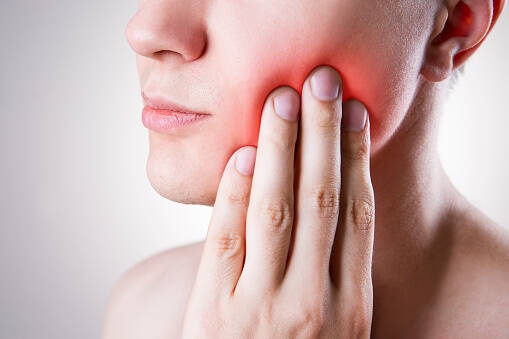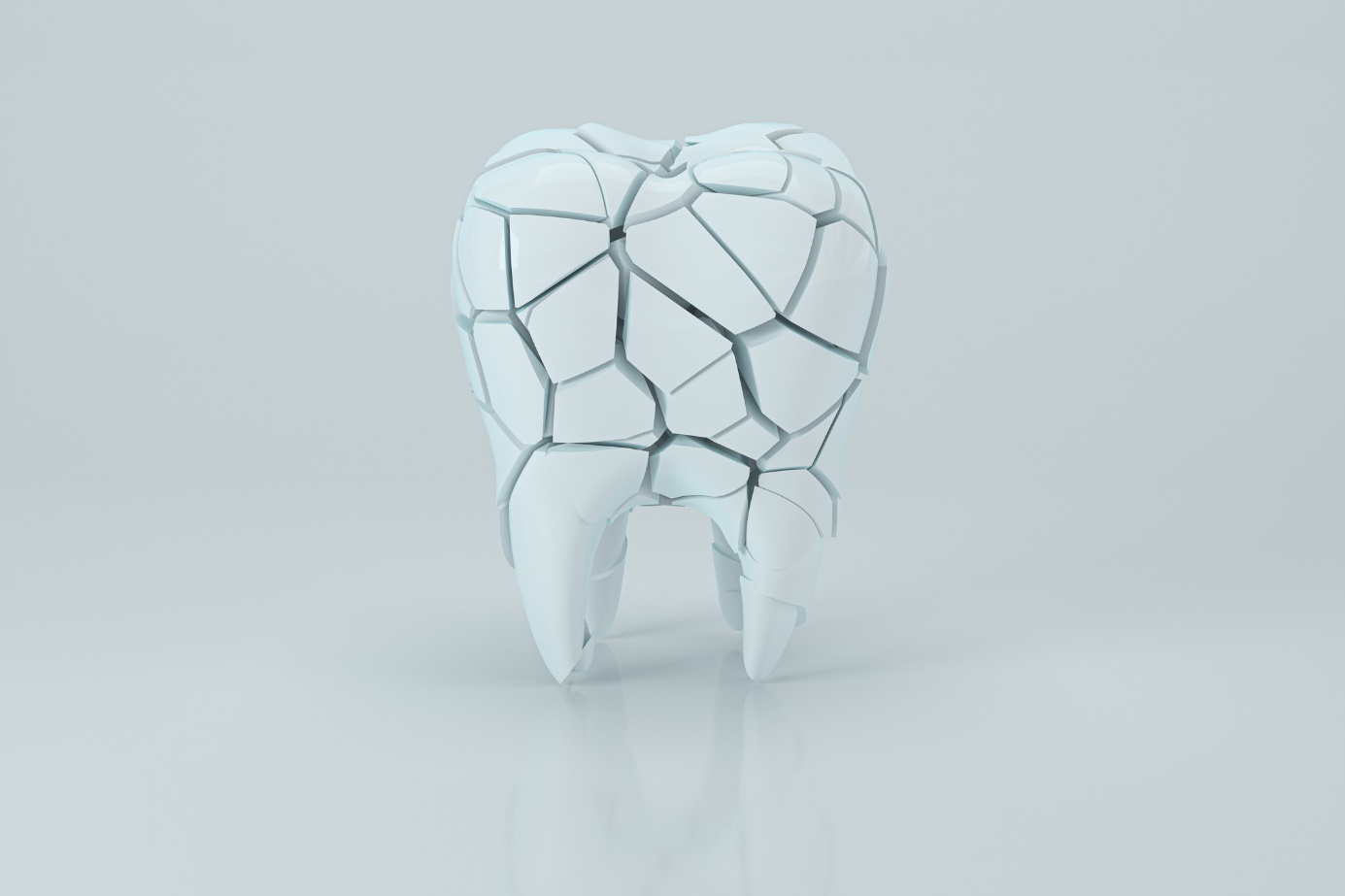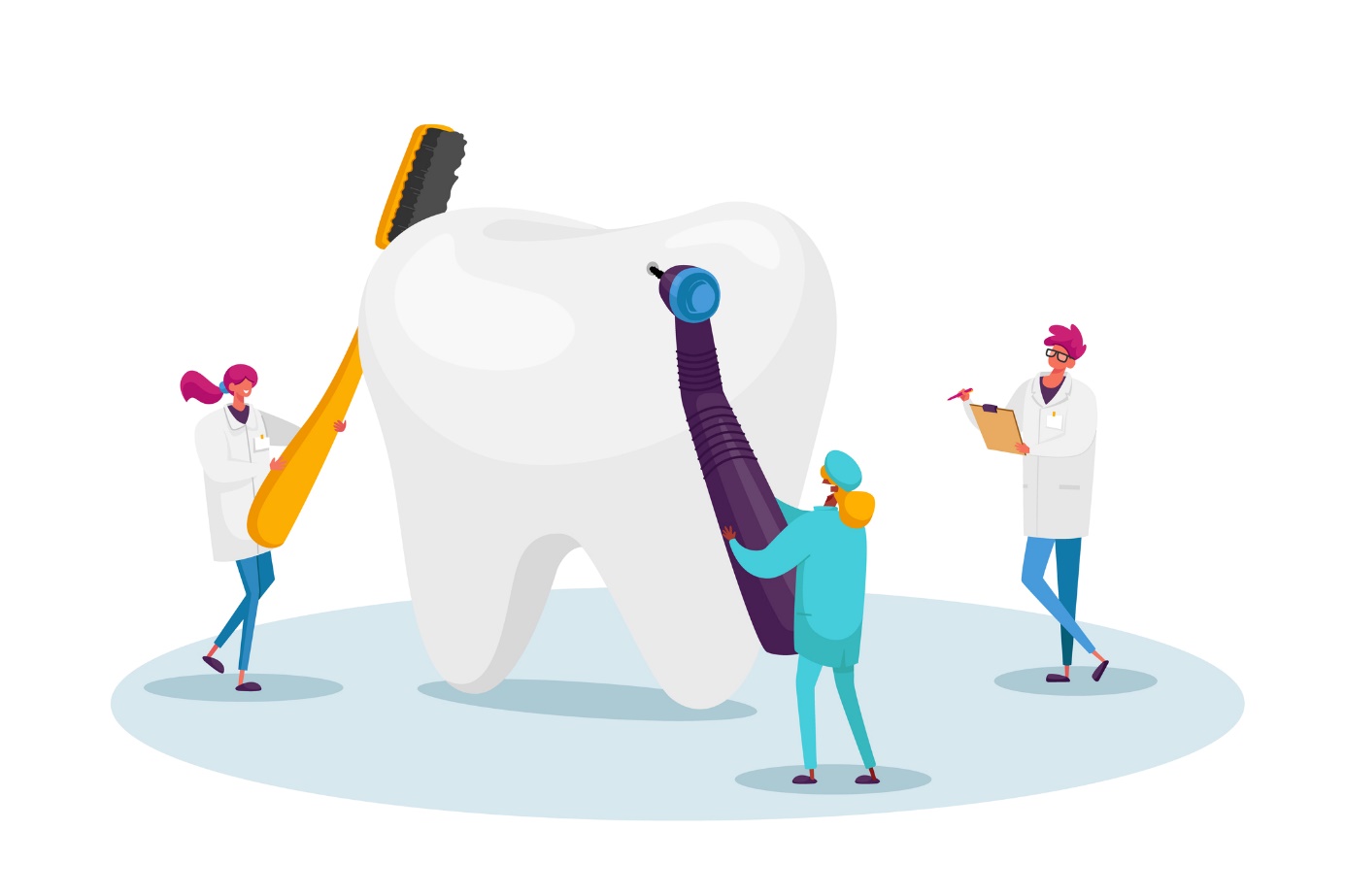- mayoclinic.org - What causes sensitive teeth and how can I treat them?
- verywellhealth.com - Sensitive Teeth: Causes and Treatment
- healthline.com - Why Are My Teeth So Sensitive?
- webmd.com - What Causes Sensitive Teeth?
- my.clevelandclinic.org - Teeth Sensitivity
Toothache and sensitive teeth from different causes? What will help, only medication?

Toothache is quite common. It is most often caused by tooth decay. Sensitive teeth are related to wear and tear of the tooth structures.
Characteristics
Toothache is unpleasant. It can be caused by various factors. The most common is tooth decay or a dental abscess (a cavity filled with pus).
In sensitive (hypersensitive) teeth, even normal activities such as eating and drinking can cause sharp pain in and around the tooth.
Sometimes sensitive teeth become apparent when eating ice cream or hot soup.
Sensitive teeth are a typical example of worn enamel on a tooth or several teeth. They can also manifest when the roots of the teeth are exposed.
Sometimes the discomfort on the teeth is caused by other causes - chipping, broken tooth, etc.
In the case of tooth sensitivity, this is called dentin hypersensitivity (hypersensitivity of the dentin).
A sensitive tooth occurs when the dentin is exposed and compromised. This can occur through the action of erosion or receding gums and exposing the tooth sockets.
The roots of the tooth, which are not encased in enamel, contain thousands of tiny canals leading into the centre of the tooth. Irritating them with hot or cold food causes pain.

Causes
The main predisposing factors for tooth pain or hypersensitivity include:
- tooth decay
- tooth abscess - a purulent deposit, most commonly at the root of the tooth
- dental plaque
- tooth abrasion - wear of the tooth surfaces
- tooth breakage
- tooth breakage
- gastroesophageal reflux - leads to acidification of the oral cavity
- frequent vomiting - leads to oral hyperacidity (bulimia)
- bruxism - grinding, grinding of teeth
Some diseases of the trigeminal nerve can manifest as irradiation (radiating) into the teeth in the upper and lower jaw.
Accompanying tooth pain occurs with neuropathy (damage) of the trigeminal nerve or its inflammation.
Trigeminal pain tends to be sharp, cutting, spreading through the entire dentition and jaw.
One of the causes of sensitive teeth can be "grinding teeth", called bruxism.

The main triggers of sensitive teeth include:
- cold foods and drinks
- hot foods and drinks
- cold air
- sweet and acidic foods and drinks
- cold water, especially during dental hygiene
- brushing teeth
- alcohol-based rinses
Manifestations
The main manifestations of sensitive teeth include:
- intense tooth pain caused by heat or cold
- spontaneous toothache
- pain when chewing or biting
- pain localised on one tooth or in surrounding teeth
- pain caused by alcohol-based rinses
- pain caused by inhaling air through the mouth, especially cold air
Interesting facts
In the past and among primitive tribes in South America, cocaine (an extract from the Erythroxylum coca plant) was used to numb the pain.
11.5-33.5% of people experience tooth sensitivity. They are most common between the ages of 20 and 40.
Failure to take precautions puts a person at risk of tooth sensitivity.
Swedish drops as an herbal mixture have a beneficial effect on toothache.
Prevention
Maintaining teeth in a healthy condition is a major part of prevention. Toothpastes are used for this purpose.
Some toothpastes contain ingredients that have a beneficial effect on numbing sensitive teeth. They soothe the tooth, the gum and the lining of the mouth.
The presence of potassium nitrate in toothpaste reduces tooth pain. It has a numbing effect on the dental nerve.
Another ingredient is stannous fluoride, which blocks pain by filling tiny canals.
It is recommended to brush your teeth 2 times a day. Some toothpastes contain fluoride to help with sensitive teeth.
It is important to brush your teeth with a soft toothbrush with flexible bristles, not pushing with force, and running a gentle circular motion over the front and back of your teeth. Brushing should be supplemented with interdental brushes. This will prevent tooth decay in the cervical area.
Hard toothbrushes can cause enamel abrasion.
It is recommended to drink acidic drinks (citrus fruits, wine, etc.) only with the help of a straw. After drinking, it is a good idea to balance the pH balance by drinking plenty of water. Too acidic foods can damage enamel.
Rinsing the mouth with salt water reduces inflammation and soreness in this area. Use half a teaspoon of salt per 2 dcl of water. Rinse 2 times a day.
You can use hydrogen peroxide after consulting your dentist. However, it can cause bleeding gums and paradoxical hypersensitivity of the teeth.
Some toothpastes are not suitable, especially those with a whitening effect. It is therefore a good idea to consult your dentist.
Turmeric, ginger and cloves are anti-inflammatory. It is a good idea to include them in your regular diet. Vanilla extract is also used and has analgesic effects.
Coconut oil should also be included in the diet. It has analgesic effects.
Among medicinal herbs, sage, peppermint and borage are suitable. They soothe the oral mucosa and gums.
Some authors recommend garlic for its anti-inflammatory effects. It contains the substance allicin with antibacterial and analgesic properties.
The main part of prevention is the intake of sufficient vitamins and minerals. These are mainly calcium, vitamin D and vitamin B12. It is suitable as a prevention of gum disease.

Treatment
Regular brushing with a numbing toothpaste is part of the treatment.
Application of fluoride at the dentist will reduce tooth pain. It can also be done as a preventive measure.
Medicated resin can be applied to sensitive tooth roots and necks.
Treatment methods include surgical treatment and gum grafting when the tooth is exposed.
Direct surgical treatment of the root canal is also possible (with respect to the tooth pulp).
Neuropathic pain can be treated by a doctor. The drug gabapentin is chosen.
Among analgesics (painkillers), non-steroidal analgesics and antipyretics are widespread. These include paracetamol, acetylsalicylic acid, ibuprofen or diclofenac. For conditions with an adverse course or no response to conventional analgesic treatment, opioid analgesics are used.
Sometimes surgical intervention is necessary - incision of a pus-filled cavity (abscess) often associated with tooth extraction.
Caries remediation is an important treatment procedure.
Sometimes the dentist will resort to correction or replacement of the tooth, bridge, etc.










